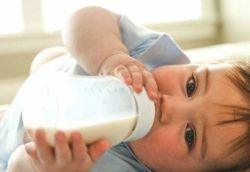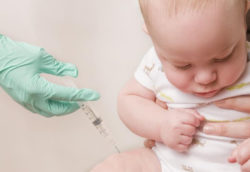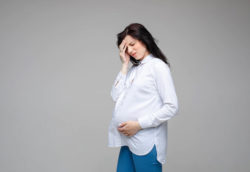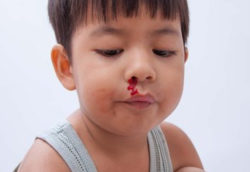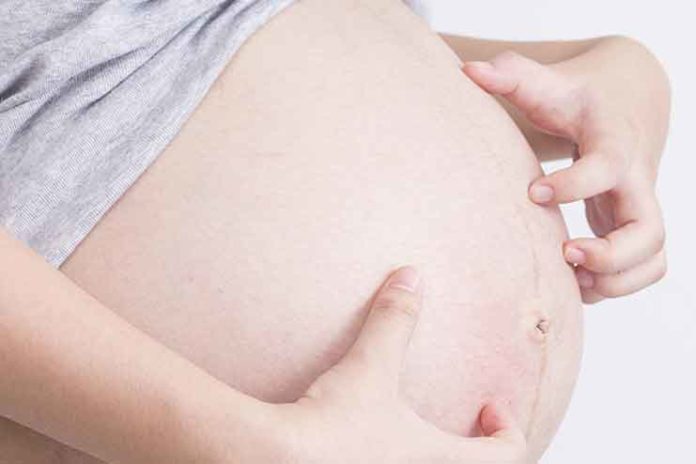Are you pregnant and experiencing itchy skin? Feeling irritated? You don’t have to suffer through. This article drives you through the tips to relieve from itching.
Pregnancy is a time of joy and excitement for the expectant mother. But it can also be a time of discomfort as your baby and belly grow. Symptoms of discomfort during pregnancy may vary from mother to mother. Though mild skin irritation is usually common, it is important to pay attention to your symptoms.
This article presents the causes of itching during pregnancy and home remedies to stop itching. It discusses when to worry about itching and consult a doctor.
Is It Normal To Itch All Over During Pregnancy?

During pregnancy, you may experience itching due to an increase in blood supply to the skin and stretching of the abdomen. Mild itching usually occurs around your legs and belly which is harmless. For some women, itching may occur all over the body. It will go away after your baby is born.
While severe itching indicates underlying liver conditions which will be discussed later in this article.
Causes of Itchy Skin During Pregnancy
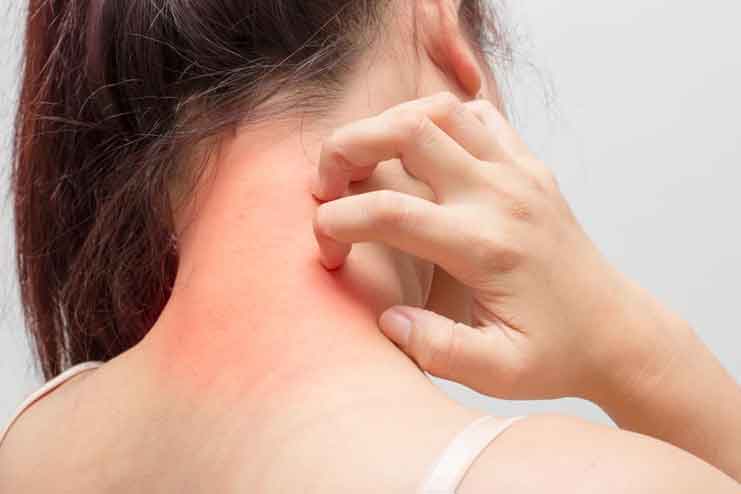
Most of the women feel itchy during pregnancy. Itching covers almost a quarter or sometimes resides all over the pregnancy.
Here are the few causes for the itchy skin during pregnancy.
1. Stretching Skin:
The uterus expands to accommodate the growing baby. The sensation may extend to the upper abdomen resulting in the itchy and tight skin.
2. Changing Hormones:
Almost soon after you get pregnant, your body starts releasing and producing hormones that get you ready for the nine months of the journey. These hormones may cause your skin to feel tight, dry, itchy and can even slow your circulation slightly overtime.
3. Eczema:
Eczema is a common skin condition that occurs during pregnancy for the first time or the women with past Eczema history may experience it during pregnancy. It results in the red, rough, itchy bumps that crop up anywhere on your body.
In most cases, pregnancy induces Eczema can be controlled with moisturizers and ointments.
4. Psoriasis:
Psoriasis is a skin condition that causes cells to build up rapidly on the skin. These extra cells form scales and red patches that are itchy.
Psoriasis symptoms may improve during pregnancy, as the rise in hormone progesterone humidifies the overactive immune response which triggers psoriasis.
5. Cholestasis:
Cholestasis is a common liver disease that occurs only during pregnancy. It is due to the fact that increased pregnancy hormones affect the normal flow of bile.
Itching without a rash is the most common symptom of cholestasis. The other symptoms will be discussed in this article.
6. Prurigo:
Prurigo is an itchy rash which occurs usually during the late second or early third trimesters. You may notice itchy rashes on arms, legs, or abdomen. Prurigo is harmless and disappears soon after the delivery. In some cases, it lasts up to three months after the delivery.
Treatment of prurigo involves steroids and oral antihistamines.
7. Pemphigoid Gestationis (PG):
It is a rare itchy skin eruption that occurs in the second or third trimesters of pregnancy due to the herpes virus. It occurs when your immune system attacks parts of your own body.
It starts with the itchy red bumps near the belly button and spreads to the trunk, arms, legs, palms, and soles. Its existence after the delivery reduces breastfeeding.
8. Impetigo Herpetiformis:
It is a psoriasis type of skin infection during pregnancy. It begins with the red patches filled with the pus that slowly grow into the larger white pus-filled rashes.
9. Pruritic Urticarial Papules and Plaques of Pregnancy(PUPPS):
It is a chronic hive-like itchy rash formed due to rapid stretching of the skin. Excessive weight gain or multiple gestation pregnancy such as twins may be the reasons for PUPP.
Depending on the intensity of the condition, antihistamine or oral steroids are recommended.
When to Worry about Itching Skin During Pregnancy:
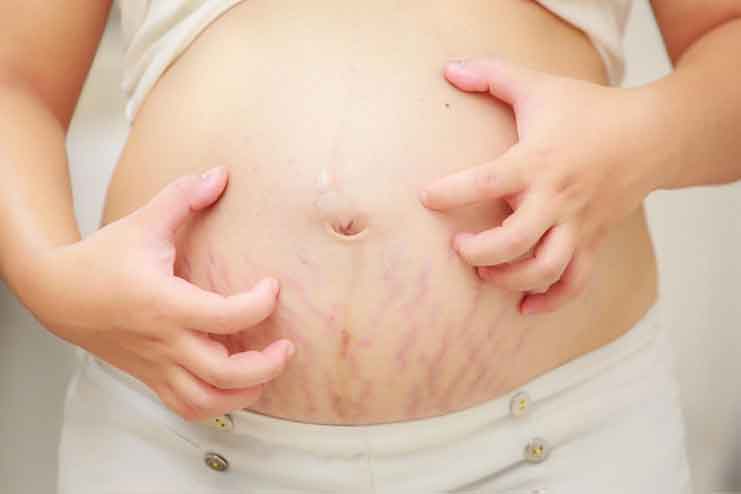
Mild itching is usually nothing to worry about. But, if the itching becomes severe and continuous it requires immediate attention.
When you experience intense itch near the palms of hands, soles of feet without any rash then it is a sign of Intrahepatic Cholestasis of Pregnancy (ICP). It should be treated earlier to prevent complications for your developing baby.
As discussed earlier in this article, It occurs when your pregnancy hormones affect the normal flow of bile.
Common Signs and Symptoms of ICP Include
- Itching may get worse at the night
- Dark urine color
- Loss of appetite
- Depression
- Pale/light coloring of bowel movements
Less Common Symptoms Include
- Jaundice
- Upper right quadrant pain
- Nausea
[Also Read: Frequent Urination During Pregnancy]
When to Consult a Doctor for Itchy Skin During Pregnancy?

If itching becomes severe and is accompanied by symptoms such as nausea or jaundice, consult your doctor.
If you come across these situations, you should see a doctor
- If itching persists more than two weeks or bursts on a regular basis
- Itching with unusual rashes, bumps, or swelling
- Signs of infection, such as inflammation or bleeding sores
- Itching spreads the entire body
Let your doctor know that if you tried any remedies to counter the itch. Because some might not be safe for pregnant women. Ask your doctor regarding the treatments available for eczema or psoriasis.
It is safe to use natural home remedies if itching is not accompanied by many health problems.
15 Home Remedies for Itching Skin During Pregnancy:
Here are the few home remedies that help you to avoid itching skin during pregnancy.
1. Oatmeal:

Oatmeal contains compounds that have anti-inflammatory and moisture retaining properties.
Blend 1 cup of oatmeal into a fine powder, add it to the bathtub and allow it to soak for about 15-20 minutes. Gently rub into the skin.
2. Coconut Oil:

Coconut oil is rich in lauric acid and has antibacterial, anti-fungal, antioxidant and antimicrobial properties to soothe your itchy skin.
Massage the itchy skin with coconut oil and clean it off after leaving for about 30-40 minutes to moisturize and soothe the itchy skin.
3. Aloe Vera Gel:
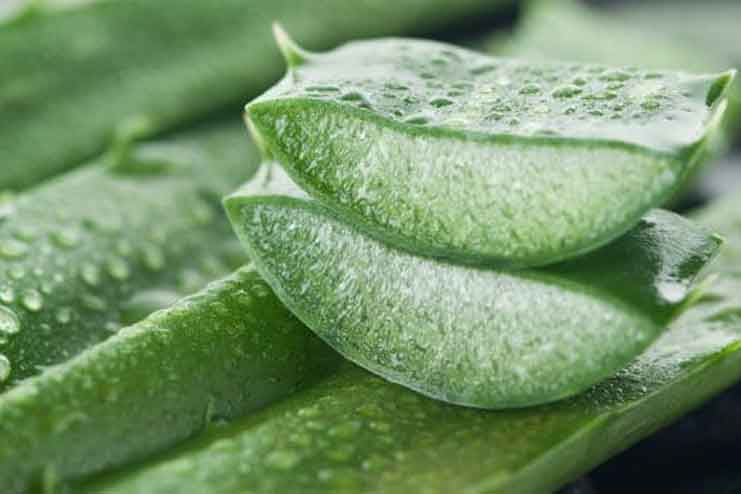
Aloe vera is considered as a natural moisturizer. It accelerates the healing of burns.
Take a leaf from aloe vera plant and cut it open gently. Using a spoon take out the jelly substance inside and apply it in the affected areas. Allow it for few minutes and you can relieve gradually from itching.
4. Baking Soda:
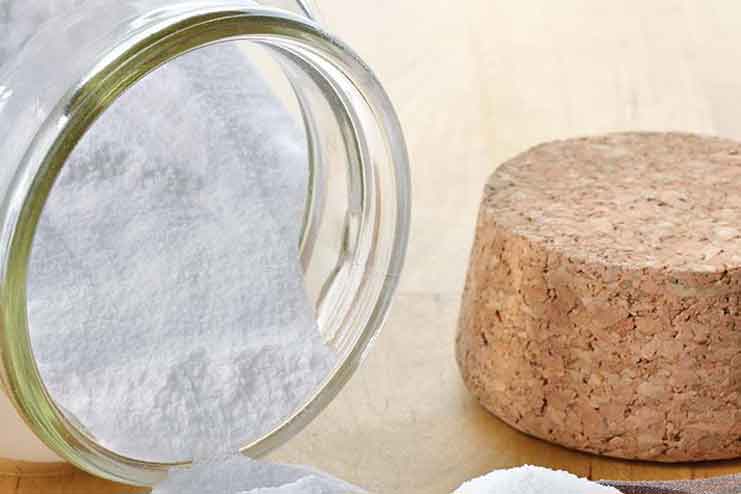
Baking soda has anti-inflammatory and anti-bacterial properties. It can dry your skin because of its alkaline properties and helps you to get relief from itching during pregnancy.
Add a cup of baking soda to a bathtub filled with water and soak in it for about 20 minutes.
5. Essential Oils:

Essential oils are derived from the botanical gardens through a distillation process using steam or water. Essential oils are known to have many therapeutic or medicinal benefits.
Here are the 2 essential oils to treat itchy skin naturally during pregnancy.
A. Lavender:
It has anti-inflammatory properties that can reduce redness. It acts as a natural hydrator.
Two drops of Lavender along with equal amounts of tea tree oil and two teaspoons of coconut oil can be used to treat eczema.
B. Chamomile:
Chamomile oil contains azulene, which is best known for moisturizing the skin and reducing inflammation.
Combine the chamomile with carrier oils like- coconut oil or jojoba oil and add it to your warm bathwater.
Make a warm compress by soaking a towel or cloth in water containing 1 to 2 drops of diluted chamomile oil and then apply to the itchy area.
6. Lemon Juice:

Lemon juice exhibits anti-inflammatory and anesthetic effects on a swollen patch of the skin.
Add the juice of 1 lemon to the 1/4 of water and apply it over the affected areas.
7. Cold Compress:
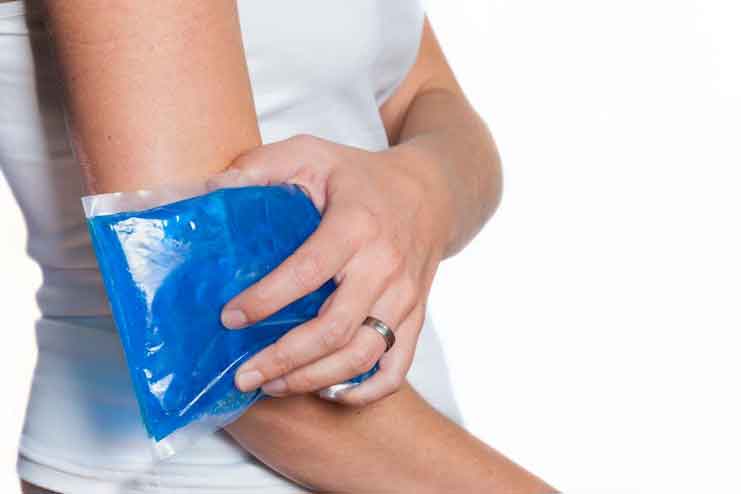
Fill the ice bag or plastic bag with ice or wet a cloth with cold water. Place the bag or cloth over the skin and hold it until itching becomes moderate.
8. Dandelion Root:

Dandelion extracts and compounds may help to reduce inflammation in the body.
Take a dandelion root and soak it in a cup of hot water for a few minutes. Filter the water to another glass and apply this mixture and let it dry to soothe the itchy dry skin
9. Gram Flour:
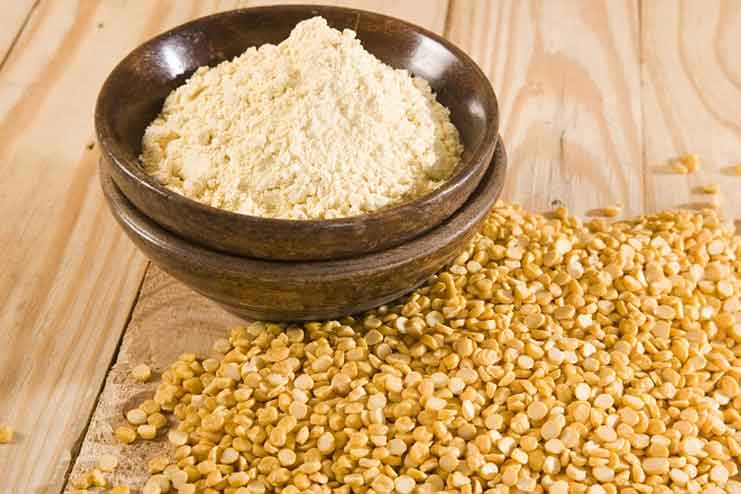
The basic kitchen ingredient, gram flour has many health benefits like strengthens bones, cures anemia, lowers blood pressure, etc. The zinc content in the gram flour helps fight against acne-causing bacteria
Add the required amount of water to the gram flour to make it a smooth paste. Apply it over the infected area and let it dry. Wash it off after some time.
10. Juniper Berry Lotion:
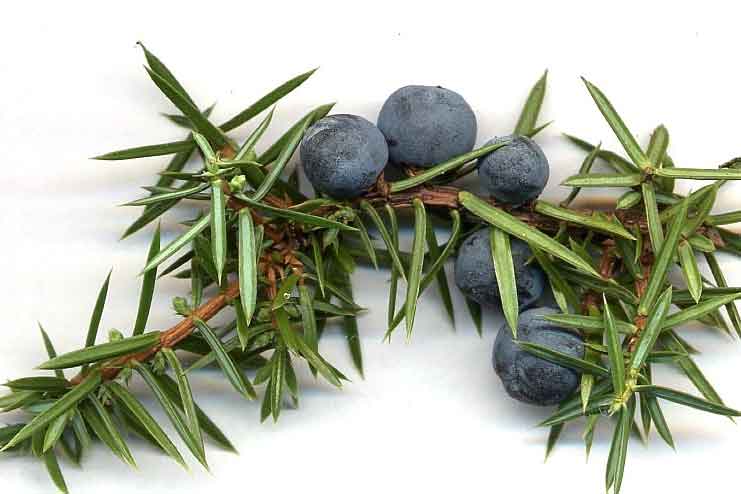
Antibacterial, antiviral, diuretic, and antiseptic properties of juniper lend themselves to treat a variety of internal and external conditions.
Melt 3 ounces of unsalted butter in one pan and 2 tablespoons of beeswax in a separate pan. When the beeswax is melted combine with butter and stir well. Add 5 tablespoons of ground juniper berries and 3 tablespoons of cloves to this mixture. Allow it to cool and apply it over the infected area.
11. Calamine Lotion:
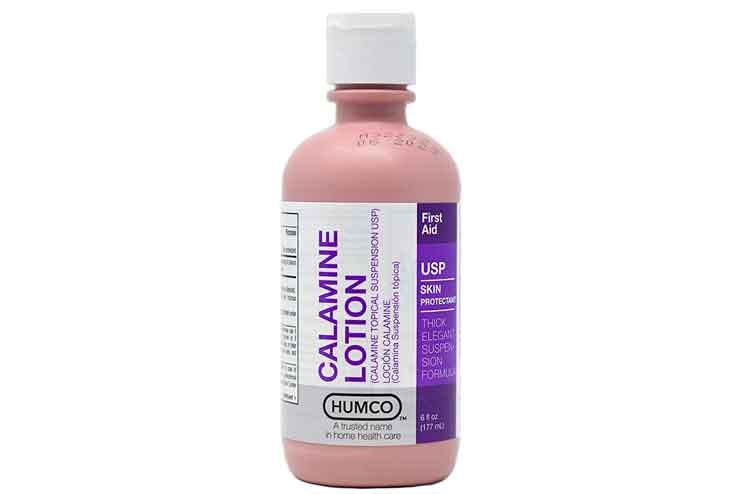
Calamine is used to treat skin conditions like itching and skin irritation. Zinc oxide and ferric oxide in the calamine lotion offer antiseptic and anti-itching benefits.
Apply and massage the calamine lotion over the affected area. Calamine lotion is the best to treat itchiness on the stomach during pregnancy.
12. Menthol:
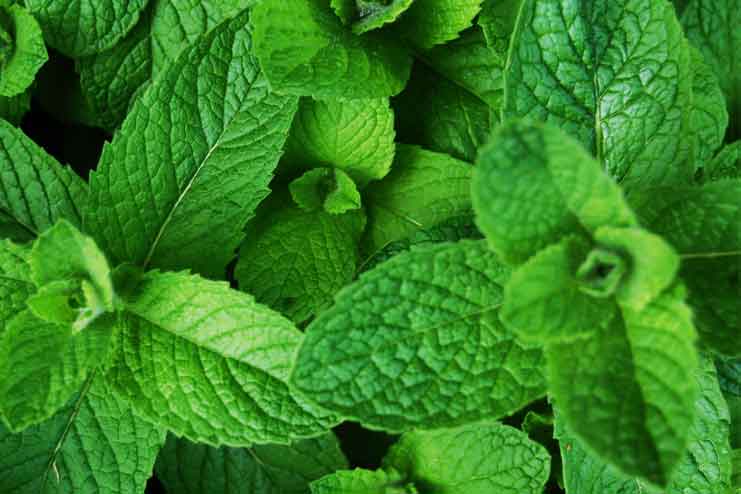
Menthol is an essential oil found in the plants of the mint family. Its cooling effects help in relieving pain and itching.
Add menthol to a carrier oil before applying to the skin
13. Apple Cider Vinegar:

Apple cider vinegar has been used as a wound disinfectant and antiseptic for thousands of years.
Mix 1 part of apple cider vinegar with 2 parts of water and apply it over the affected area.
Note: Vinegar should not be applied over cracked and bleeding skin as it causes burning sensation.
14. Vitamin E Lotion:
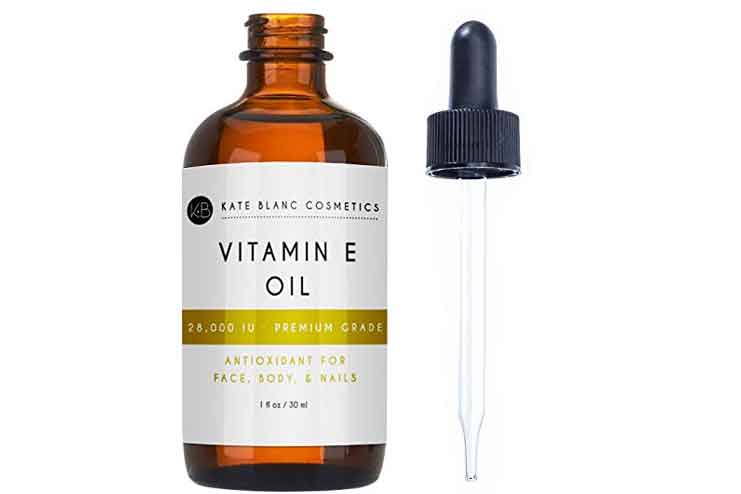
Vitamin E is the best known to reduce the aging effects, keeps skin hydrated, relieves skin from irritation.
Apply vitamin E oil or Vitamin E cream on the affected areas. Before using the product follow the directions on the package. Avoid using this in sensitive areas.
15. Avoid Irritants:
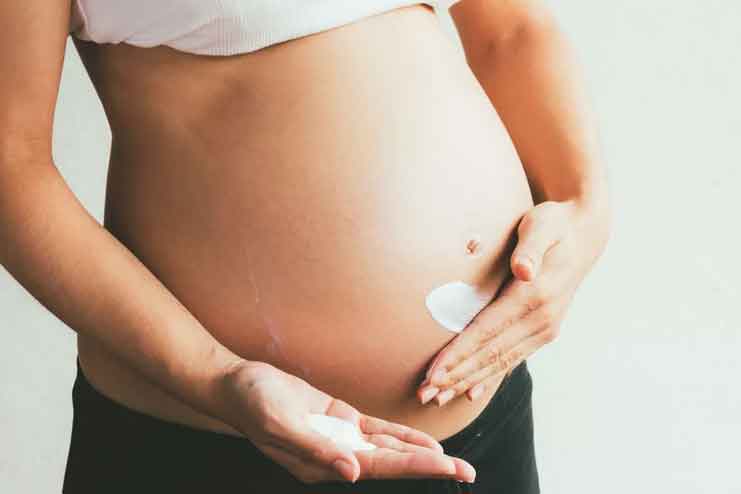
Avoiding possible irritants may reduce itchiness. Some of the possible irritants include:
a. Hot Water:
Hot water makes the skin more prone to dryness, itching by removing moisture from the skin. Reduce the water by a few degrees to avoid irritation.
b. Scented Skincare Products:
Some skin care products contain additives like colors and perfumes, which may cause irritation to the skin.
Women with itchy skin should prefer fragrance and dye free skincare products.
c. Wool and Synthetic Fibers:
Synthetic and wool clothing may rub against the skin and cause irritation. People with itchy skin should use loose cotton clothes. Cotton facilitates proper breathing to the skin and avoids overheating.
Itching is one of the common discomforts during pregnancy. Do not get irritated by itching which may influence the growth of your baby. There are many ways to avoid itching. This article has given you a few tips to avoid itching during pregnancy.


















